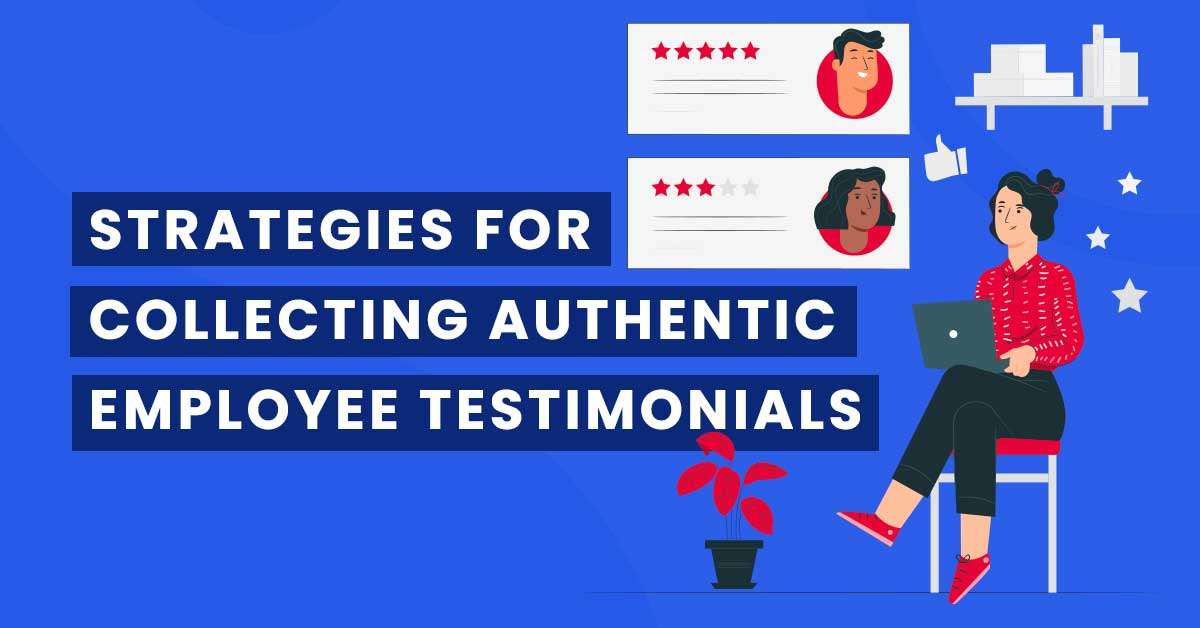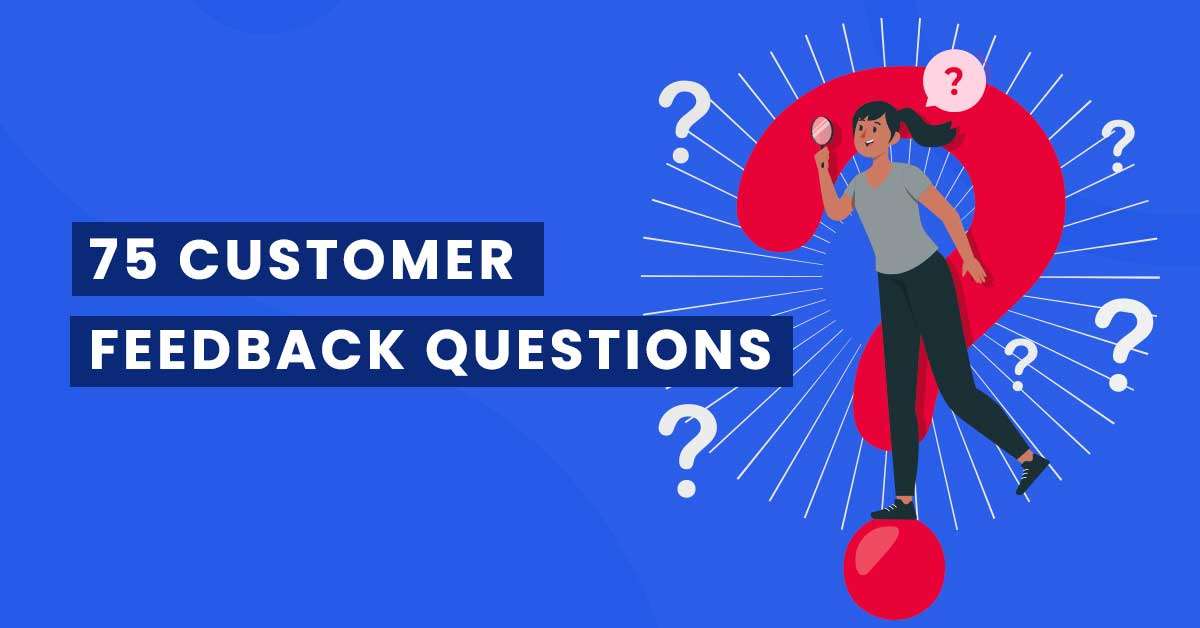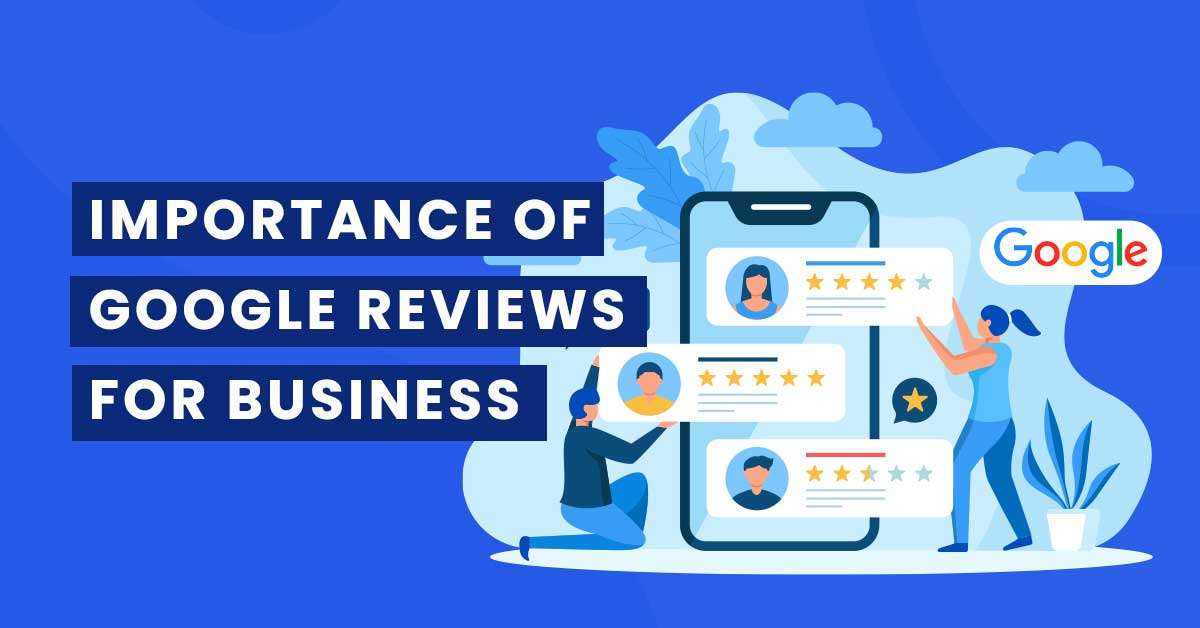There has been a noticeable shift in recruitment practices in recent years, with employee testimonials playing a more prominent role. Traditionally, recruitment processes heavily relied on resumes, cover letters, and interviews to evaluate candidates. However, the rise of social media, online platforms, and review websites has given employees a platform to share their experiences and opinions about their workplaces, which has significantly impacted the hiring landscape.
Employee testimonials have gained popularity for several reasons. They provide potential candidates with a genuine and unfiltered perspective on what it’s like to work for a particular company. Job seekers can gain insights into the company culture, work environment, management style, growth opportunities, and other factors influencing their decision to apply for a job. Hearing directly from employees with first-hand experience can be more persuasive and influential than reading a company’s official statements or marketing materials.
Companies have actively encouraged employees to share their experiences and opinions on various platforms. Some organisations have designated social media ambassadors or employee advocacy programs that empower employees to share their stories. Employers recognise that employees are their best brand ambassadors and can significantly impact attracting talent.
From a recruitment perspective, companies also incorporate employee testimonials into their hiring processes. They may feature testimonials on their careers websites, social media channels, and job postings. During interviews, recruiters may ask candidates if they have read or seen any employee testimonials and use them as conversation starters to gauge the candidate’s fit with the company culture.
What is an employee testimonial?
An employee testimonial is a statement or account provided by an employee about their experiences, opinions, and impressions of their workplace, job role, or the company they work for. It is a first-hand account of their experiences, reflecting their thoughts and feelings about various aspects of their employment.
Employee testimonials can cover various topics, including the work environment, company culture, team dynamics, leadership, career growth opportunities, benefits and perks, work-life balance, training and development programs, and more. They can provide insights into employees’ day-to-day experiences, challenges, and successes in their roles.
Testimonials can be shared through various channels, such as company websites, social media platforms, review websites, or during recruitment. They can be written statements, videos, interviews, or quotes. Employee testimonials are typically voluntary contributions by employees willing to share their perspectives and experiences to provide potential candidates with a better understanding of the company and its work environment.
These testimonials serve as a valuable resource for job seekers, allowing them to gain a more precise and realistic understanding of what working for a particular company would be like. By hearing directly from employees, job seekers can assess whether the company aligns with their values, career goals, and work preferences. Employee testimonials can also contribute to a company’s employer brand and reputation, influencing how potential candidates and the wider talent pool perceive it.
What are the types of employee testimonials?
Employee testimonials can come in various forms, depending on the medium and context in which they are shared. Here are some common types of employee testimonials:
- Written Testimonials: These statements or quotes from employees describing their experiences, opinions, and satisfaction with their job and company. Written testimonials can be featured on company websites, social media platforms, or marketing materials.
- Video Testimonials: Video testimonials involve employees sharing their experiences and thoughts on camera. These videos can be recorded in a formal interview-style format or as more casual, authentic recordings. Video testimonials are often shared on company websites, social media, or video-sharing platforms.
- Social Media Testimonials: With the prevalence of social media, employees may voluntarily share their experiences and opinions about their workplace on platforms like LinkedIn, Twitter, or Instagram. These testimonials can be in posts, comments, or even videos, allowing a broader audience to access and engage with them.
- Interview-based Testimonials: During the recruitment process, employers may ask candidates if they have read or seen any employee testimonials and invite them to share their impressions or ask questions based on those testimonials. This type of testimonial serves as a conversation starter and allows candidates to gather insights from existing employees.
- Employee Review Websites: There are online platforms and websites dedicated to employee reviews and ratings of companies. Employees can anonymously share their feedback on these platforms, offering insights into their experiences, company culture, management, and other aspects. These reviews serve as testimonials for potential candidates researching companies.
- Employee Advocacy Programs: Some organisations have formal employee advocacy programs, where employees are encouraged to share their experiences and promote their company on social media or other channels. These programs may provide guidelines, training, or incentives for employees to participate actively in promoting the company.
It’s important to note that the types of testimonials can vary depending on the company’s culture, industry, and the specific platforms or channels used for sharing. The goal is to provide diverse testimonials that offer potential candidates a comprehensive and authentic understanding of the employee experience within the organisation.
How to create a perfect employee testimonial?
Creating a compelling employee testimonial for businesses involves several key steps. Here’s a guide on how to create a perfect employee testimonial:
- Identify the Right Employees: Select employees with a positive and authentic perspective on their work experience. Look for enthusiastic, engaged individuals who can articulate their thoughts effectively.
- Conduct Interviews: Schedule one-on-one interviews with the chosen employees to gather their testimonials. Create a comfortable and open environment where they can share their experiences honestly.
- Ask Thought-Provoking Questions: Prepare questions encouraging employees to provide detailed and meaningful responses. Focus on company culture, work environment, team dynamics, growth opportunities, and personal development.
- Highlight Specific Examples: Encourage employees to provide specific examples or anecdotes that demonstrate their experiences and illustrate the positive aspects of working for the company. This adds credibility and makes the testimonial more engaging.
- Capture Video Footage: If resources allow, consider recording video testimonials. Video testimonials have a substantial impact as they showcase employees’ emotions, body language, and enthusiasm. Ensure the video is well-lit, with clear audio and a professional appearance.
- Incorporate Diversity: Seek employee testimonials across different organisational roles, departments, and levels. This ensures a well-rounded perspective and reflects the diversity of experiences within the company.
- Emphasise Authenticity: Encourage employees to be genuine and honest in their testimonials. Avoid scripting or overly editing the content, as authenticity is critical to building trust with potential candidates.
- Focus on Key Messages: Align the testimonials with the key messages and values you want to convey about your company. Ensure the testimonials highlight the unique aspects and strengths of your organisation.
- Use Compelling Quotes: Select impactful quotes from the testimonials that capture the essence of the employee’s experience and align with your company’s employer brand. These quotes can be featured in marketing materials, social media posts, or company websites.
- Obtain Consent and Provide Recognition: Seek permission from employees before using their testimonials and ensure they are comfortable sharing their statements publicly. Consider providing recognition or incentives for employees who contribute testimonials to show appreciation.
- Leverage Multiple Channels: Share employee testimonials across various channels, such as your company website, social media platforms, recruitment materials, and career fairs. Use written and video testimonials to cater to different preferences and maximise reach.
Remember, the key to creating a perfect employee testimonial is to capture your employees’ genuine experiences and perspectives. You may be able to attract top talent and build a positive employer brand by showcasing their authentic stories.
Ways to collect and display employee testimonials:
Collecting and displaying employee testimonials can be done in various ways. Here are some effective methods:
- Conduct Surveys: Create an anonymous survey where employees can provide testimonials and feedback. Use a mix of open-ended questions and rating scales to gather comprehensive responses.
- Schedule Interviews: Set up one-on-one interviews with employees and record their testimonials. This allows for in-depth discussions and the opportunity to capture video footage for more impactful testimonials.
- Encourage Written Submissions: Provide a platform or dedicated email address where employees can submit written testimonials voluntarily. Ensure their contributions are valued and will be used to showcase their experiences.
- Leverage Social Media: Encourage employees to share testimonials on their personal social media accounts using designated hashtags or tagging the company’s official accounts. This amplifies their reach and engagement.
- Use Internal Communication Channels: Utilise internal communication channels, such as intranets, employee newsletters, or company-wide emails, to invite employees to share their testimonials. Provide clear instructions on how they can contribute and reassure them of confidentiality if desired.
- Create a Testimonial Submission Form: Develop a simple online form where employees can quickly provide testimonials. Include fields for contact information, department, and any specific topics or prompts you want them to address.
- Offer Incentives or Recognition: Consider providing incentives or recognition for employees who contribute testimonials. This can range from small rewards, such as gift cards or company-branded merchandise, to public recognition in team meetings or company-wide announcements.
- Showcase Testimonials on Company Website: Create a dedicated page on your company website to display employee testimonials. Organise them in an appealing format, such as a grid or carousel, and ensure they are easily accessible to website visitors.
- Share Testimonials on Social Media: Highlight employee testimonials on your company’s social media platforms. Create visually appealing graphics or short video clips that feature compelling quotes from the testimonials.
- Incorporate Testimonials in Recruitment Materials: Include employee testimonials in job postings, recruitment brochures, and career fair materials. This provides potential candidates with immediate insights into the experiences of current employees.
- Display Testimonials in Office Spaces: Print and frame select testimonials and display them in common areas or conference rooms. This allows employees and visitors to see first-hand the positive experiences the workforce shares.
Employee testimonial examples
Here are a few examples of employee testimonials to provide you with a sense of how they can be crafted:
Example 1:
“Joining GHI Marketing has been a breath of fresh air for my career. The company’s commitment to creativity and innovation has fueled my passion for marketing. I’ve had the opportunity to work on exciting campaigns and collaborate with talented professionals who constantly push the boundaries of marketing strategies. The management team at GHI Marketing fosters a culture of trust, allowing us to take ownership of our projects and ideas. This level of autonomy and empowerment has brought out the best in me. GHI Marketing is where ideas thrive, and I’m proud to be part of this dynamic team.”
Example 2:
“Being part of JKL Manufacturing has been a rewarding experience. The company’s dedication to quality and excellence is evident in everything we do. The teamwork and camaraderie among colleagues create a supportive and motivating work environment. JKL Manufacturing values its employees and recognises their contributions, fostering a sense of loyalty and dedication. The company’s commitment to employee growth and development ensures we stay ahead in our industry. JKL Manufacturing is not just a workplace; it’s a family where everyone’s efforts are valued and appreciated.”
Example 3:
“Joining DEF Company has been a career-defining decision. The growth opportunities here are unparalleled. I’ve been able to take on challenging projects, expand my skill set, and climb the ladder faster than I ever thought possible. Continuous learning and development culture is ingrained in the company’s DNA. Moreover, the inclusivity and diversity at DEF Company create an enriching and dynamic work environment. If you’re looking for a place to thrive and make a real impact, this is it.”
Buzzproof is a platform that aids brands in collecting and showcasing employee testimonials. It offers an easy-to-use interface for employees to submit their testimonials and provides a centralised database for testimonial management. Buzzproof also offers customisable display options and integration with websites or CMS. With features like filtering, moderation, analytics, and social sharing, brands can efficiently collect and display employee testimonials across various channels. Connect with the Buzzproof team to know more.
Buzzproof offers customisable display options and integration with websites or CMS. This testimonial platform also provides features for filtering and moderation, analytics and insights, social sharing, and amplification of testimonials. By utilising Buzzproof, brands can streamline the testimonial collection process and effectively showcase employee testimonials on various channels.





